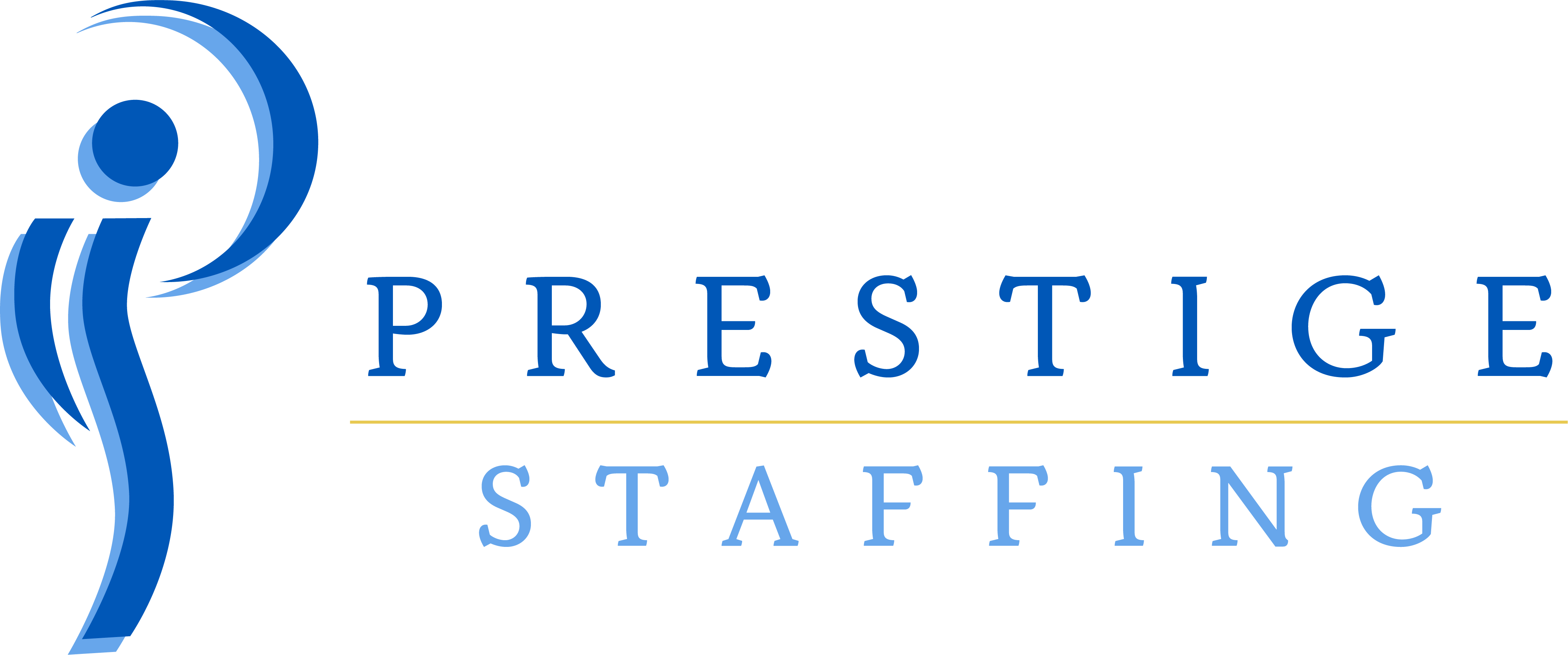It isn’t easy staying focused and motivated in a job search. You send countless resumes that no one responds to, recruiters don’t call you back, companies that claim to be hiring aren’t interviewing, and your professional networks simply aren’t generating leads. What’s the average job seeker to do?
For starters, you can stop doing what the average job seeker is doing and start doing what works. Here are five easy-to-implement strategies you can use right now to jump start your job search and outperform the job market.
Are you ready? Set. Go!
1. Set your job search goals and make a plan
Winners always have a game plan. After all, without a plan and clearly defined goals you’re merely reacting to events around you and are always a step behind the competition. Out compete the job market by clearly defining your strengths and where you can make the biggest impact. And do this at the earliest possible moment.
Why? Because when you jump into the job market without defining the impact you’ll make, you’re just another commodity in a job market where employers are looking to buy gold.
2. Focus forward, not backwards.
It sounds counterintuitive, but your resume must emphasize the future, not the past.
Put the focus squarely on the employer and resolving his or her business problems. Where you’ve been (your job titles, past employers, experience) is important, but where you are able to take your next employer is essential. If you can position your resume to say, “I’ve been there, solved that, here’s what I’ll do for you,” employers will take notice and you will land interviews.
It’s all about addressing the needs of recruiters and hiring managers and getting your name in their heads.
3. Toot your own horn.
Your job search is no place to be timid, and if you don’t say what a great addition you’ll make to the team, nobody else will.
While I certainly don’t advocate unabashed boasting, it is critical that you don’t hold back on the significance of your contributions. When you’ve played a contributing role in adding value to a past or present employer, you need to highlight your contribution. And you need to highlight your contributions in terms that shout out, “I’ve added value to other company’s and I will add value to your company as well.” It’s all about turning past performances into the kind of return on investment (ROI) that resonates with employers.
Position yourself as high-ROI and employers will take notice and you will land interviews.
4. Play to the bottom line (money).
Are companies in the business of hiring workers? Of course not, they’re in the business of making money, and anytime you can communicate your value in terms of impacting the bottom line, the more likely you are to grab an employer’s attention and get them wanting your talents.
Yes, skills and experience are very important, but it’s your ability to impact the bottom line that will land you the job. If you can convince a company that they’ll be stronger (and richer) once they hire you, you’re well on your way to landing the job even if you aren’t the most qualified candidate on the short list.
5. Get (and stay) connected.
Networking works as well today as it did a hundred years ago, and while the playing field may have changed immensely, the results remain the same: most jobs are filled by professional connections.
In today’s business environment, networking may include the connections you make on LinkedIn and Twitter and whom you associate with in professional online groups, but it still includes the physical connections you make in your daily life both on and off the job. Make certain your network knows your talents and specialized skills and that you are in the job market (otherwise how can they connect you to job opportunities). I’ll reiterate what I said earlier: most jobs are filled through networking, not job boards or posted job announcements. If you’re not connected, or if your network doesn’t know you’re available, your chances of landing a satisfying job drop dramatically.
So make a plan, focus forward, talk about your contributions, define your value in terms of bottom line impact, and get connected. Do these five things and recruiters and hiring managers will take notice, you’ll outcompete your competition, and you will land more interviews.

